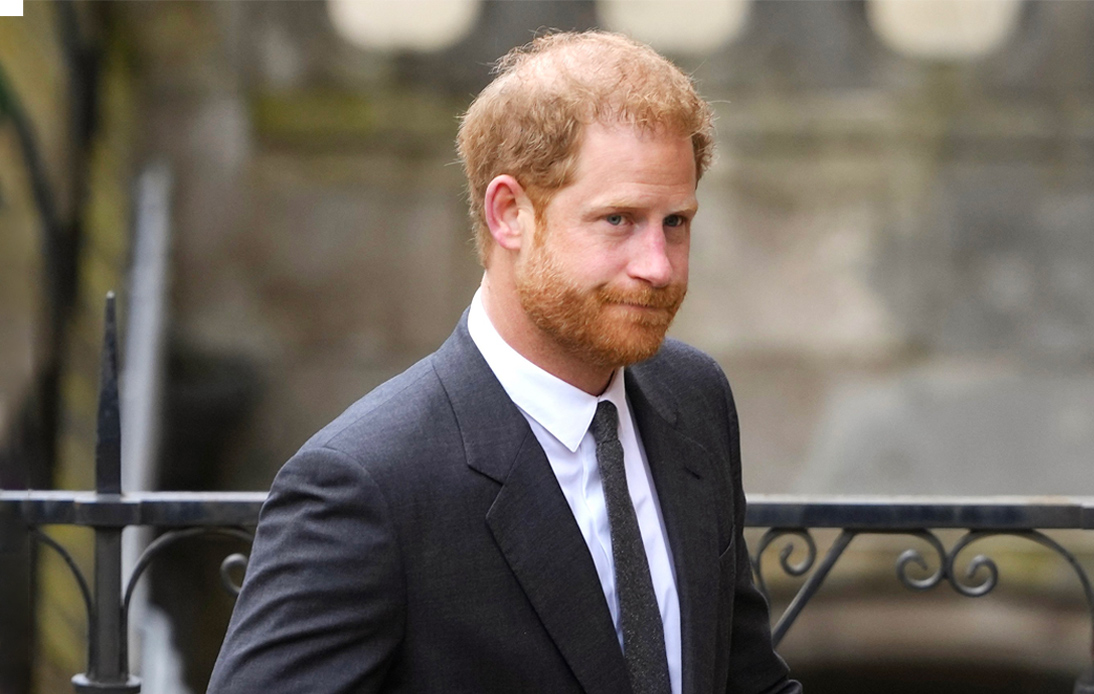
Prince Harry’s legal pursuit for permission to personally finance police protection was unsuccessful.
The prince’s legal team sought a judicial review following the decline of his offer to finance his own security in the UK, a situation that arose when he ceased being a “working royal” and his security arrangements were altered.
However, a judge did not sanction a hearing on the matter. Lawyers from the Home Office were against the concept of wealthy individuals having the ability to “buy” security from the police.
This decision to deny a judicial review transpired after a single-day court hearing in London the previous week.
Following this event, the Duke and Duchess of Sussex found themselves in a situation their representative called a “near catastrophic car chase” with paparazzi in New York.
Last week at the High Court, Prince Harry’s legal team contested the refusal of his proposal to privately finance police protection during his UK visits.
When Prince Harry renounced his role as a “working royal” in 2020, he lost access to the level of security he had formerly enjoyed.
Prince Harry questioned the method by which this verdict was made by the Executive Committee for the Protection of Royalty and Public Figures, also known as Ravec, responsible for the security of high-profile individuals, including top-ranking royals.
“Ravec has exceeded its authority, its power, because it doesn’t have the power to make this decision in the first place,” Prince Harry’s legal team argued in court.
They argued that the law provides for the payment of “special police services”, and thus “payment for policing is not inconsistent with the public interest”.
However, the Home Office’s lawyers asserted that the protection being discussed, potentially involving “specialist officers as bodyguards”, is different to funding additional policing at football games.
A representative for the Metropolitan Police reasoned that it wouldn’t be justifiable to subject officers to risk due to a “payment of a fee by a private individual”.
The legal team for the Home Office stated that the Ravec committee unanimously turned down the offer of private payment and maintained the policy that a “wealthy person should be permitted to ‘buy’ protective security” is objectionable.
The Home Office declared there was no obligation for the Ravec committee to entertain Prince Harry’s representations and there was little chance of the decision being reversed.
“Given the nature of the arguments now advanced by the claimant, the court can be confident that such representations would have been highly likely to have made no substantial difference in any event,” the lawyers of the Home Office informed the court.
Justice Chamberlain determined that the provisions for paying for police services, such as those at “sporting or entertainment events”, are distinct from the requirements for specialist protection officers “who are required to put themselves in harm’s way”.
There was no “irrational” element in Ravec’s explanation as to why its specialist services “should not be made available for payment”, added the judge.
Prince Harry was defeated in this lawsuit, which he stated was designed “not to impose on the taxpayer” for security expenses. However, there are still pending claims regarding his security in the UK that have yet to be heard.
Last July, he secured the right to dispute what he views as the “procedural unfairness” surrounding Ravec’s decision-making process – as he was not given an opportunity to make “informed representations beforehand” – with hearing dates yet to be established.




















